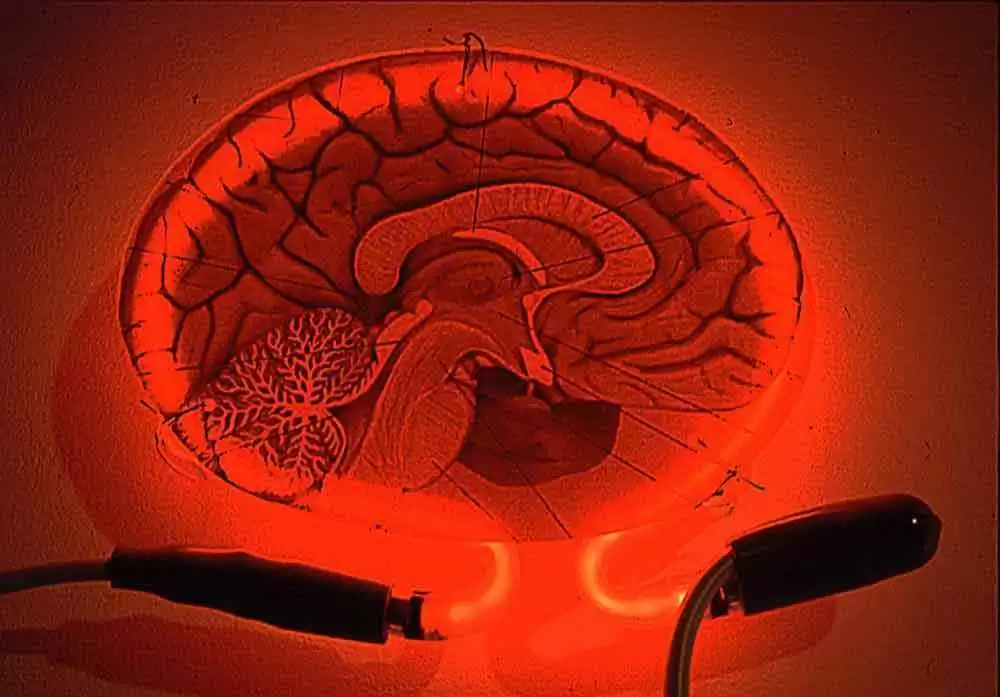
Celiac.com 02/01/2021 - Non-Celiac Gluten Sensitivity (NCGS) is poorly understood, particularly in terms of its neurological effects. A team of researchers looking into the matter first conducted a prospective postal survey to investigate its neurological presentation and symptom course. Based on the results of the survey, they conducted a brain MRI study to follow-up, and to note potential diagnostic biomarkers for future research.
The research team included Iain D. Croall, Nigel Hoggard, Imran Aziz, Marios Hadjivassiliou, and David S. Sanders. They are variously affiliated with the Department of Infection, Immunity & Cardiovascular Disease, University of Sheffield/INSIGENO, Sheffield, United Kingdom; the Academic Unit of Gastroenterology, Royal Hallamshire Hospital, Sheffield Teaching Hospital NHS Foundation Trust, Sheffield, United Kingdom; and the Academic Departments of Neurosciences and Neuroradiology, Sheffield Teaching Hospitals NHS Trust, Sheffield, United Kingdom.
Celiac.com Sponsor (A12):
The team recruited 125 patients with NCGS from a clinical center. Each patient completed a prospective postal questionnaire summarizing the symptoms, their severity and their course. The team used Chi-squared analysis to compare onset time to data from 224 celiac disease patients from the same centre.
Five gluten-free respondents who self-reported brain fog then received MR brain imaging and questionnaires, both before and after a gluten challenge. The team recorded this “baseline” data, and looked for abnormalities. They then compared symptom severity and cerebral blood flow (CBF) both before and after the gluten challenge.
Neurological symptoms included headaches in more than half of patients, brain fog in just under half, balance issues in about one-third of patients, and tingling in about 20%. Symptoms typically began with 90 minutes, and resolved within 48 hours. The pattern of symptom onset was similar to that seen in celiac patients. Extra-intestinal symptoms worsened by nearly 40% during a typical reaction.
The combined survey and brain imaging analysis showed that non-trivial neurological symptoms are common, and may be studied within 2 hours following gluten ingestion. The team suggests that further brain imaging studies may help reveal physiological damage, and the physiological response to gluten.
The researchers stress the need for diagnostic biomarkers for NCGS, and notes that there is limited research showing AGA is raised in NCGS patients compared to the general population
This first-of-a-kind neuro-imaging study revealed numerous clinical variables, which may be helpful for further studying the pathophysiology of NCGS. The positivity rate in patients for this study was about 18%, compared to just under 13% for healthy volunteers, which is an insignificant difference.
This generally supports previous literature showing that AGA is not a good way to diagnose typical NCGS. A better understanding of how gliadin positivity interacts with neurological outcomes may be helpful, as research indicates that these antibodies may harm the brain.
Read more at PLOS.org










Recommended Comments
Create an account or sign in to comment
You need to be a member in order to leave a comment
Create an account
Sign up for a new account in our community. It's easy!
Register a new accountSign in
Already have an account? Sign in here.
Sign In Now